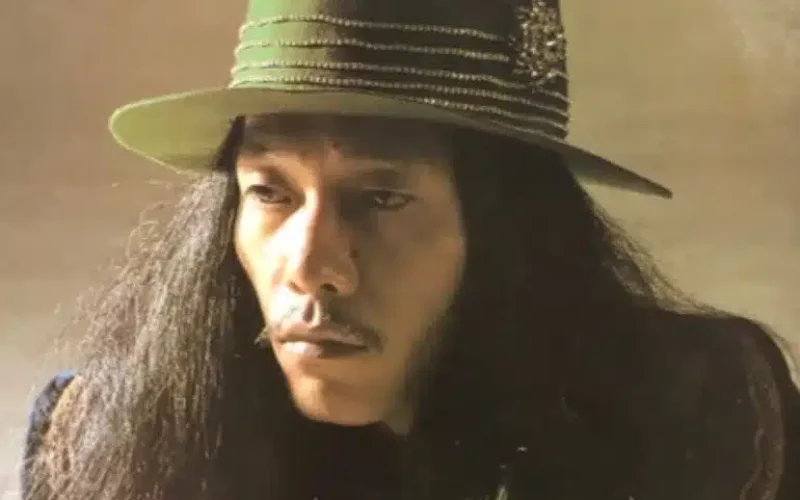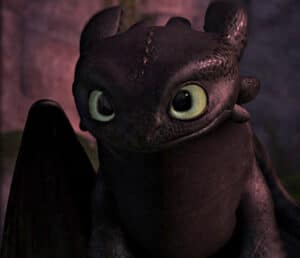Freddie Aguilar, the legendary voice behind some of the Philippines’ most powerful folk anthems, has died at the age of 72. According to George Briones of the Partido Federal Pilipinas, Aguilar passed away at the Philippine Heart Center after suffering a heart attack.
Freddie, wasn’t just a singer or a songwriter, he was a storyteller for the soul of a nation. Through Freddie Aguilar music, he told stories by shining light on everyday struggles with raw honesty and deep empathy.
The Song Freddie Aguilar That Traveled the World: “Anak”
If you only know one Freddie Aguilar song, it’s probably “Anak.” And for good reason. Released in the late ’70s, Anak didn’t just top local charts, it became a global phenomenon.
The ballad sold more than 33 million copies and was translated into over 50 languages. Pretty wild for a simple, heartfelt song about the complicated love between a parent and child.
But Anak was never just about numbers. It was the kind of song that reached in, twisted something in your chest, and stayed with you. Whether you were the child trying to make sense of your parents or the parent trying to hold on to your child, Anak hit home. Gently strummed guitar, haunting melody, brutally honest lyrics. It was the kind of music that didn’t just play, it lingered.
A Voice That Refused to Be Silent
Freddie Aguilar could’ve stopped with Anak and still been a legend. But he didn’t. His music often walked straight into the fire, calling out injustice. challenging power, and telling stories that most people tried to forget.
Songs like “Bulag, Pipi at Bingi” weren’t just catchy, they were fearless. That track took aim at a government that turned a blind eye to the struggles of ordinary people. Magdalena painted a picture of a woman pushed into sex work, holding a mirror up to society’s cruelties.
And then there was “Bayan Ko.” Freddie’s rendition became the soundtrack of resistance during the 1986 People Power Revolution.
The chaos of a nation on the edge, and in the middle of it all, Freddie’s voice, clear, defiant, unshaken, cutting through the noise with nothing but a guitar and conviction.
He didn’t just sing for the people. He sang as one of them.
From Small-Town Dreamer to National Treasure
Freddie’s journey began in Santo Tomas, Isabela, born on February 5, 1953. He picked up songwriting in his teens, drawing from local folk traditions and the growing unrest he saw around him.
Then came 1978. Anak won big at the Metro Manila Pop Music Festival, and suddenly, this soft-spoken troubadour was thrust onto the world stage. But even as his fame grew, he never lost sight of his roots. He stayed grounded, always writing, always singing for the everyman.
Love, Family, and the Final Chapter
Freddie Aguilar spent his final days at the Philippine Heart Center, with his wife, Jovie Albao, faithfully by his side. Despite battling multiple health issues, kidney failure, pneumonia, and ultimately cardiac arrest, he was never alone. He was surrounded by love until the end.
He leaves behind Jovie and four children from a previous marriage: Maegan, Jonan, Isabella, and Jeriko.
The Music Lives On
Since the news of his passing broke, tributes have flooded in, from fellow artists to fans, to politicians who, at one point or another, probably heard their names in one of his songs. But maybe the most fitting tribute isn’t in the headlines or the social media posts.
It’s in the way his music continues to live. Still sung at rallies. Still taught in schools. Still played on long jeepney rides through crowded Manila streets.
Freddie Aguilar is gone, but his voice, that fierce, compassionate, unmistakably Filipino voice, still rings out. And honestly? It probably always will.








